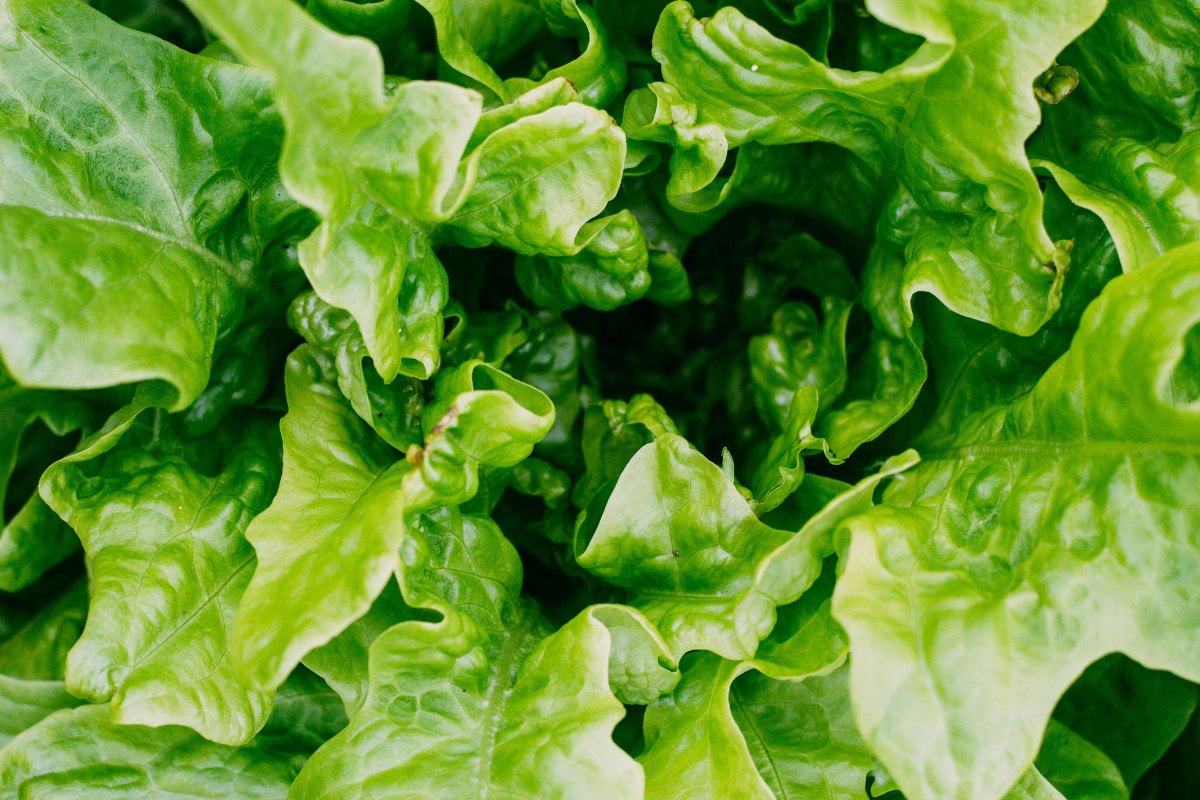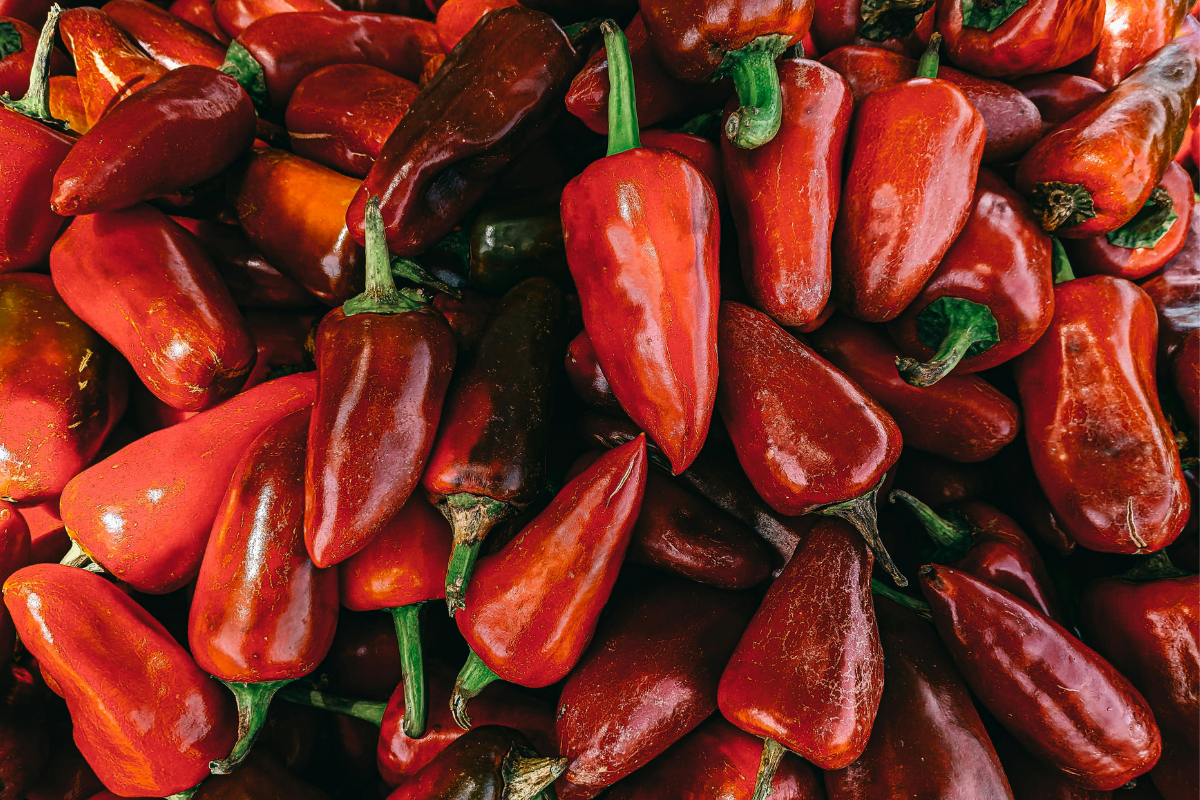4
November
2024
Thailand could create more than a million additional jobs, add billions of dollars of economic value to its economy, and cut emissions by millions of tonnes per year by shifting 50% of meat and seafood protein production to plant-based by 2050, a new report has found.
The report, ‘Kitchen of the Future’: The economic and environmental benefits of protein diversification in Thailand, produced by Asia Research & Engagement for advocacy group Madre Brava, looks at three scenarios of future protein production for the Southeast Asian food powerhouse.
It finds there are huge economic and environmental benefits from moving 50% of meat and seafood production to plant-based proteins, more limited benefits at 30% and lays bare the deep economic and environmental problems of a business-as-usual approach.
"This report shows that bringing back plants to our hugely-important protein sector is a win-win-win for Thailand: it’s good for jobs, it’s good for our economy and it’s good for the planet." Wichayapat Piromsan, Thailand Director, Madre Brava

The report’s key findings for a 50% plant-based for animal replacement in protein production by 2050 include:
Jobs: The move could create up to 1.15 million net jobs related to the production of plant-based protein sources in the country.
Economy: Thailand could potentially create THB 1.3 trillion (USD 36.8bn) of economic value by reducing the amount of imported raw materials - animal feed, for example - and become more self-sufficient in the process.
Climate: Thailand would stay within emissions limits recommended by experts for climate safety, saving 35.5 million metric tons of CO2 emissions per year - the equivalent of removing 8.45 million passenger vehicles from the road in the US for a whole year.
Land: Thailand could spare up to 2.17 million hectares of land in 2050 compared to the business-as-usual scenario, an area equivalent to the province of Nakhon Ratchasima.
Wichayapat said: “Thailand is increasingly seeing the devastating consequences of climate change, consequences which will only intensify in the coming years. Our country has a chance not only to make a strong bid to become the world’s kitchen for years to come, but to massively reduce the impact of our valuable protein sector on the climate.”

The report, which is being released as the COP 29 climate summit begins in Azerbaijan, comes with a series of recommendations for policy-makers and business leaders from the food retail, manufacturing and catering sectors.
Among the key asks are:
For Thai officials to pull policy levers that level the playing field between plant and animal protein production.
For policy-makers to adopt a just transition, including financial support and capacity-building programs for Thai farmers to switch to crop production for plant-based proteins.
For supermarkets to set sales targets for sustainable proteins and increase the share of plant-based proteins on their shelves.
For food manufacturers to invest in research and development to make alternative protein products tastier, less processed, more nutritious and more affordable.
For food service companies to increase the offering of plant-based items and display the options alongside the regular menus and offer plant-based options at the same price range as ‘regular’ menu items.

There are existing initiatives by Thai government agencies to foster the growth of plant-based protein products, which makes Thailand the most strategic country to kickstart the protein diversification and potentially create ripple effects throughout the region.
Wichayapat said: “There are clear levers to pull here to ensure Thailand makes the most of this opportunity but it needs to happen now. Otherwise we risk getting left behind by the coming global shift in protein production.”

Thailand is the top protein producer in Southeast Asia and the only net protein exporter in the whole of Asia. With its existing infrastructure, food manufacturing expertise and reputation as the ‘Kitchen of the World’, Thailand has the potential to become the global hub of sustainable proteins.



